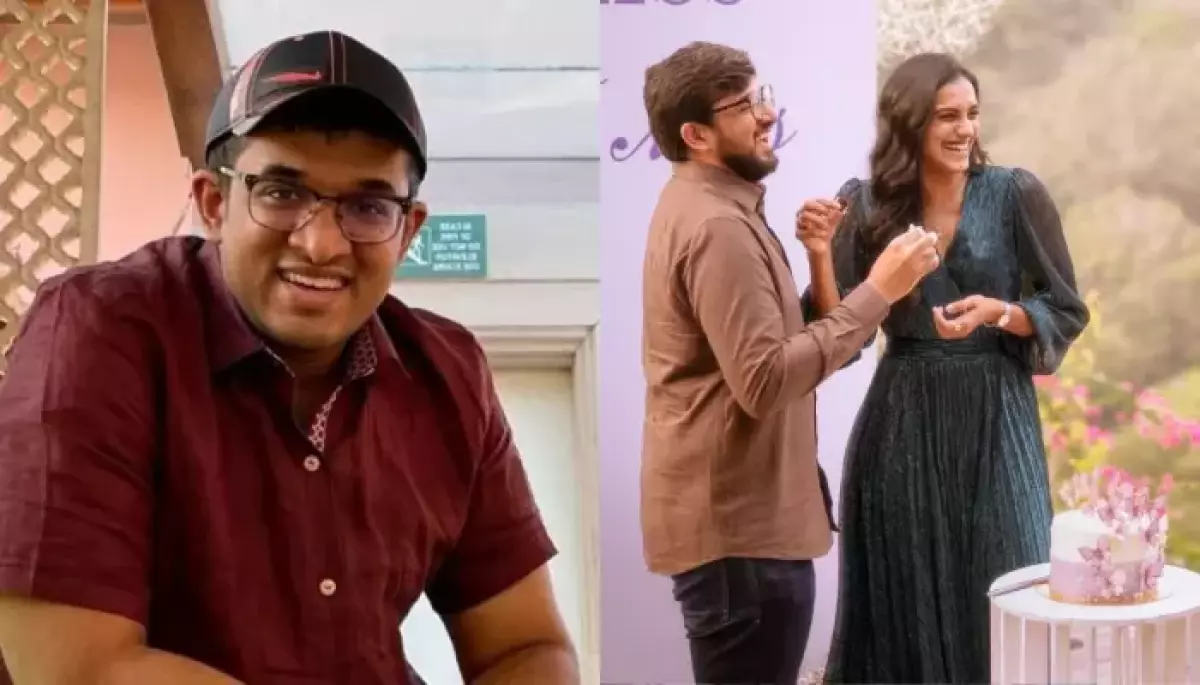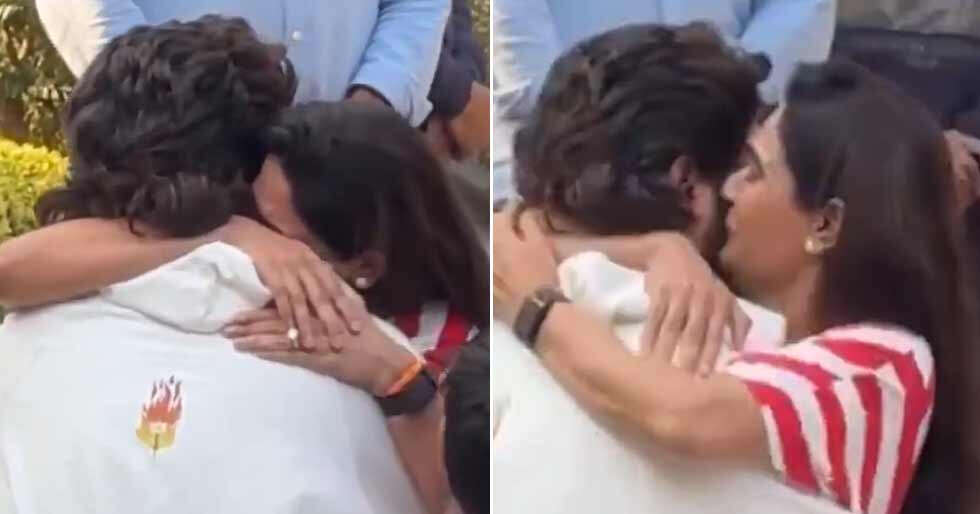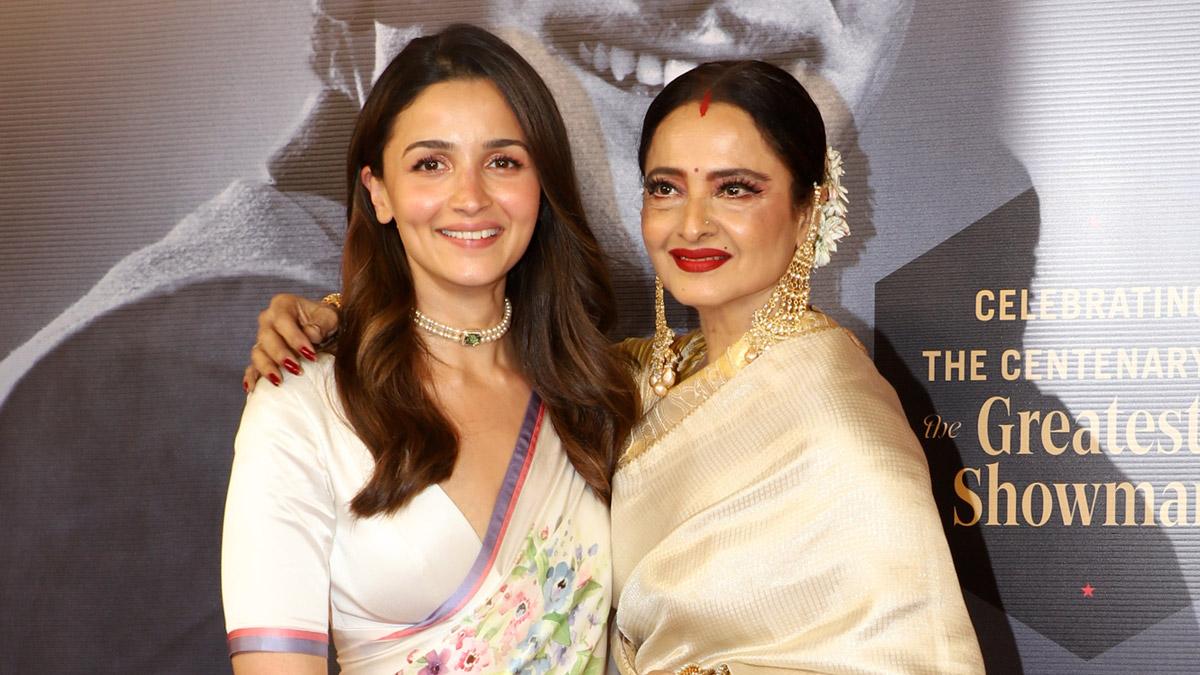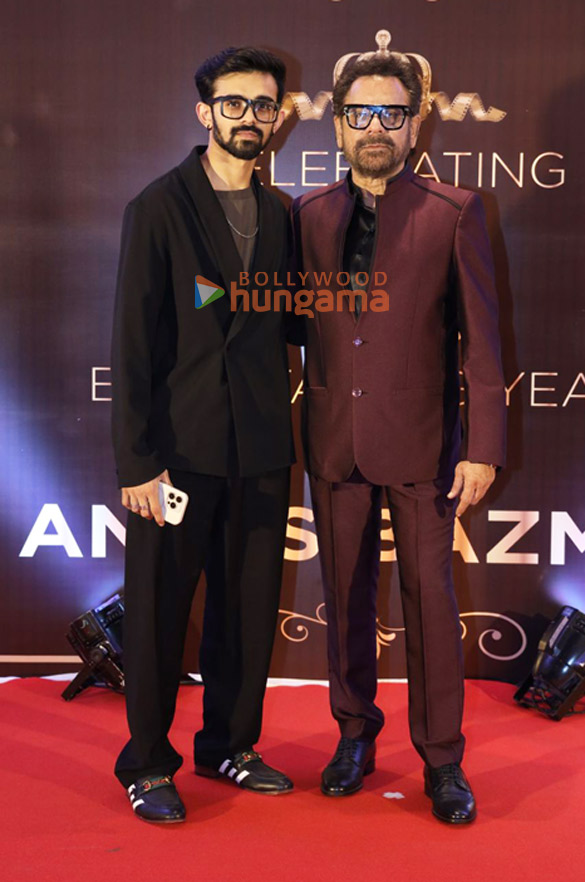Exclusive: “I want to leave a lasting impact,” says Varun Grover
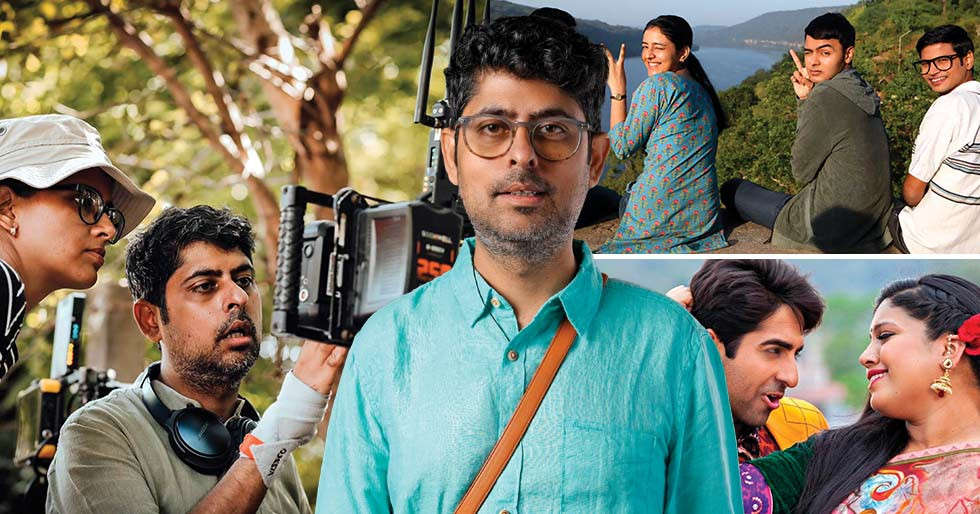
Exclusive: “I want to leave a lasting impact,” says Varun Grover
Genesis Of A Filmmaker
Grover’s foray into the realm of filmmaking began with All India Rank. He wrote the script for it in 2014. It is a poignant exploration of the trials and the tribulations faced by aspirants in the competitive world of entrance exams. It was a project that marked not only the culmination of his writing prowess but also the inception of his directorial ambitions. “I owe a debt of gratitude to Jaideep Sahni, whose encouragement propelled me to take the directorial reins,” Grover acknowledges, reflecting on the pivotal role played by his mentor in shaping his artistic trajectory. “Jaideep Sahni sent the script of All India Rank in jest to Sriram Raghavan. Sriram liked the script so much that he produced the film,” reveals Varun. Yet, the transition from writer to director was not without its challenges, as Grover grappled with self-doubt and apprehension. “I was just a writer who had penned Gangs of Wasseypur and Masaan. I lacked the confidence to step into the director’s chair,” he admits. Immersing himself in the intricacies of direction, editing, sound design and visual effects, he sought guidance from industry stalwarts like Vikramaditya Motwane and Anurag Kashyap, honing his craft with each passing day.

Origins Of A Wordsmith
Born in the picturesque town of Sundar Nagar, nestled amidst the verdant hills of Himachal Pradesh, Grover’s formative years were imbued with a sense of wonder and imagination. Growing up in a family with deep roots in the world of cinema, he found himself drawn to the magic of storytelling from a young age. “My dad held a job; my paternal uncle had a business of signboard painting; and my grandfather was a signboard painter himself in Haryana. Once the cinema hall opened in Haryana, he started the work of making posters. That’s how the entire family got interested in films. They would make posters after watching the film. That’s why I use signboard painting in the font of the film. This is a tribute to my grandfather,” he recollects. Despite his innate inclination towards the arts, Grover’s path diverged momentarily as he pursued a degree in civil engineering at Banaras Hindu University—a decision influenced by societal expectations and the need for financial stability. Yet, the call of creativity remained unyielding, beckoning him towards a destiny intertwined with the world of words. It was perhaps his sojourn in Lucknow that moulded his artistic tendencies. “Lucknow was life changing for me. I was in Lucknow from the age of 11-18. There was one Bharatendu Natya Academy behind my school, where plays would be performed by students. I was dumbstruck when I saw Aashish Vidhyarthi playing the central character in Dayashankar Ki Diary, which was directed by Nadira Babbar. That’s when I decided that I will pursue this field.”
Crafting Stories With Heart
For Grover, filmmaking is not merely a profession but a labour of love—a canvas through which he seeks to capture the essence of bygone eras and timeless emotions. “I am a ’90s kid, and I wanted to depict the innocence and simplicity of that time in All India Rank,” he explains, emphasising his commitment to authenticity and relatability. From the heartland of Sundar Nagar to the bustling streets of Mumbai, Grover draws inspiration from every facet of life, infusing his narratives with a sense of place and purpose. Whether it’s the chaotic frenzy of Mumbai’s local trains or the serene tranquillity of Madh Island, he finds solace and stimulation in the ebb and flow of the world around him. “I am in love with the local trains of Mumbai. Whenever I get tired after work, I sit in a train bound to Churchgate from Borivali and do an up and down two-three times in four hours. I listen to music on the train and read a book. Sometimes, I get down at Vile Parle to have a sandwich, then I hop on to a train again. I also go to the beach at times.” Grover’s creative vision extends beyond the confines of the screen, as he seeks to challenge societal norms and stereotypes through his work. “Gender boundaries should not restrict self-expression,” he asserts, advocating for inclusivity and acceptance in an industry often plagued by prejudice and discrimination. “I love wearing nail paint. But people point fingers at me for that. Why can’t men wear nail polish? When men wear their hair long then there is no gender issue then why is it when men wear nail polish or pink-coloured clothes,
it’s frowned upon. I want to do nail art, and wear colourful nail polish,” he asserts.
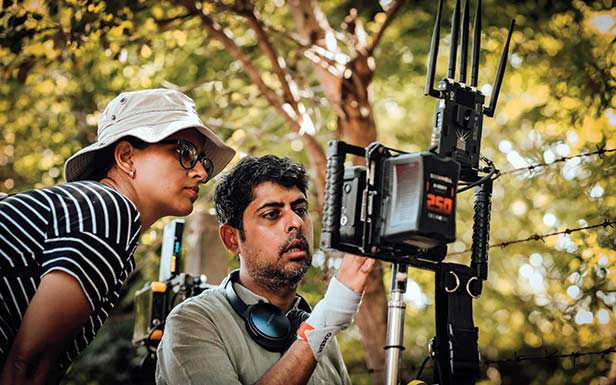
Perfect Partnership
He’s happy that he’s got the perfect life partner in Raj Kumari, who supports his beliefs and is also his harshest critic. He met his wife during an online forum discussing poetry. The similarity of their responses led them to exchange emails and soon they were chatting into the long hours of the night. He wrote the song Yeh moh moh ke dhaage for her. Theirs is an inter-caste marriage, she’s an OBC from Jharkhand and he’s a Khatri Punjabi from Delhi. There was initial opposition to the marriage from her father but he came around eventually. “She became the first ever woman in her family to marry outside caste–paving the way for her cousins and the next generation. In the last 16-17 years, we’ve discovered not just each other and the cultures of two states but also the hollowness of the arguments against inter-caste marriages.” The couple have decided against having children. “For me Kids are like EMI. You are your most productive during your 30s and 40s. And if you have children in this productive age then you have to give a lot of energy to them. I’m not the kind of person who will hire a full time maid. I need to be a very hands-on parent. So instead of focussing on kids I’ve selfishly chosen to focus my energy on my work,” he reveals.
Championing Satire And Social Commentary
At the heart of Grover’s storytelling ethos lies a deep-seated belief in the power of satire to provoke thought and evoke laughter. Drawing inspiration from literary luminaries such as Sharad Joshi and Harishankar Parsai, he employs humour as a tool for social commentary, shining a light on the absurdities and injustices of the world around him. “Satire is my favourite genre,” Grover proclaims, “It allows me to challenge conventions and offer a fresh perspective on societal issues.” Whether it’s through his incisive stand-up routines or his thought-provoking screenplays, he endeavours to spark conversations and inspire change.
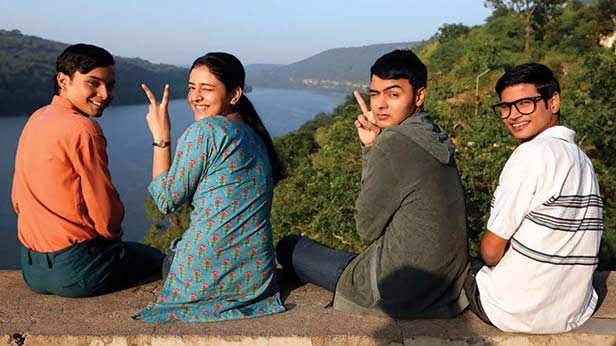
Navigating The Industry
Grover’s journey through the labyrinthine corridors of the Indian film industry has been marked by both triumphs and tribulations. In an industry rife with exploitation and nepotism, he has remained steadfast in his pursuit of creative integrity, refusing to compromise on his principles for the sake of commercial success. “I had written a pilot for a show which got approved and we shot a few episodes. When work progressed, I asked the director about money. When he said, ‘tell me how much money you can give me?’ I was taken aback. He said this is your first show, your life will change after this. So can you give me forty-to-fifty thousand per month? Yet, despite the hurdles and setbacks, he remains undeterred in his quest to tell stories that resonate with audiences on a profound level. It was The Great Indian Comedy Show which reasserted his faith in the industry. “The show gave me a lot of fame and respect. They called me and said the pilot has been shot with Ranveer Shorey and Kiku Sharda and the show has been approved and that I should come and collect my check. Things became easy for me after its success. The industry showed its better side when stars like Vicky Kaushal and Huma Qureshi openly supported All India Rank. Vicky and I both started our careers with Masaan. But now he is a big star so I was hesitating to approach him but he did not waste even a second after receiving my message and posting about my film. Then I requested Huma Qureshi to share the first song. Even she shared it immediately. I went to Vishal Bharadwaj and said that I have made a very small film and cannot even afford your fees. We asked him to sing a song and he immediately agreed.”
A Vision For The Future
As Grover looks towards the future, he envisions a cinematic landscape brimming with diverse narratives and boundless creativity. With a slew of projects in the pipeline and a relentless passion for storytelling, he is poised to leave an indelible mark on the canvas of Indian cinema for years to come. Says he, “I want to write, direct and create stories that leave a lasting impact.”

